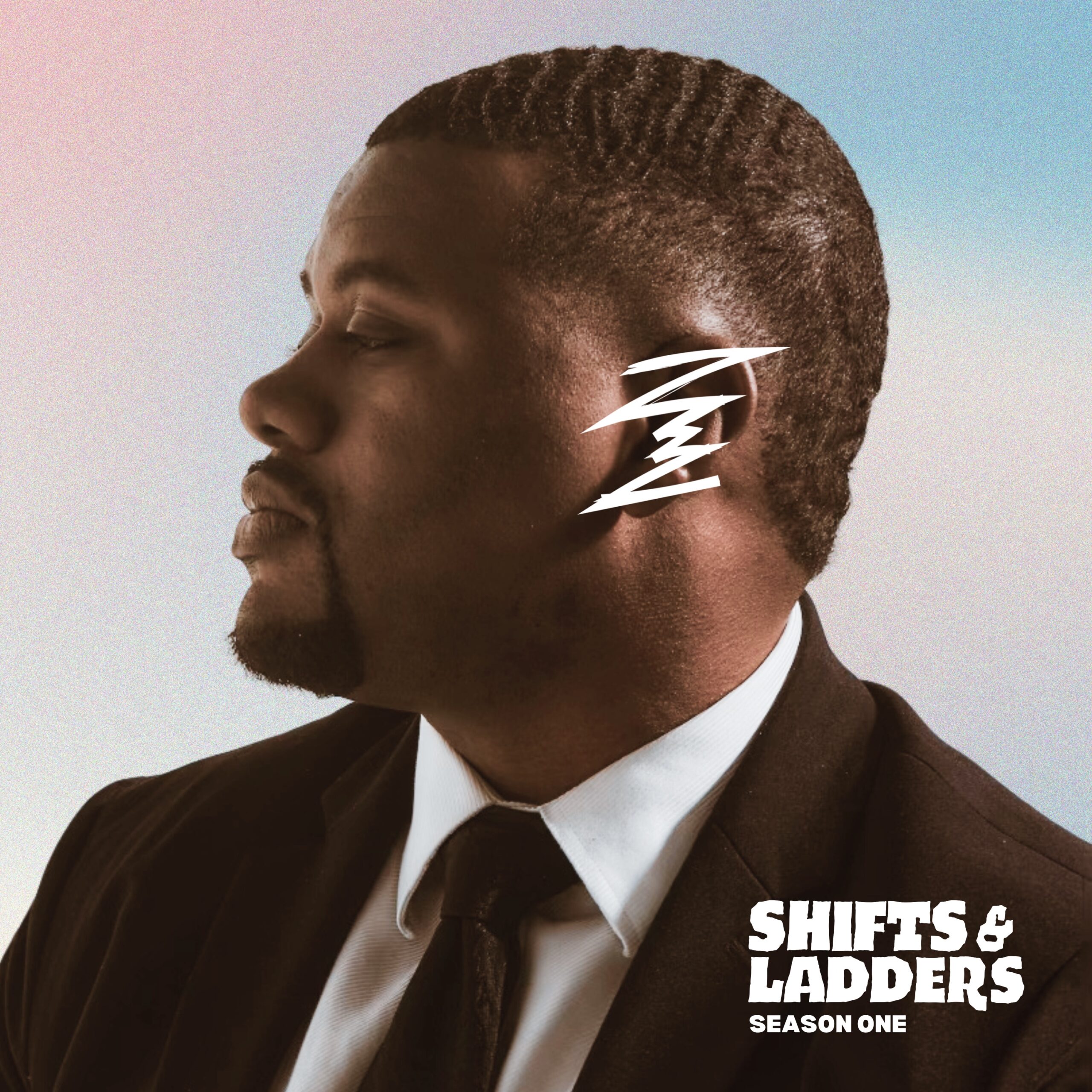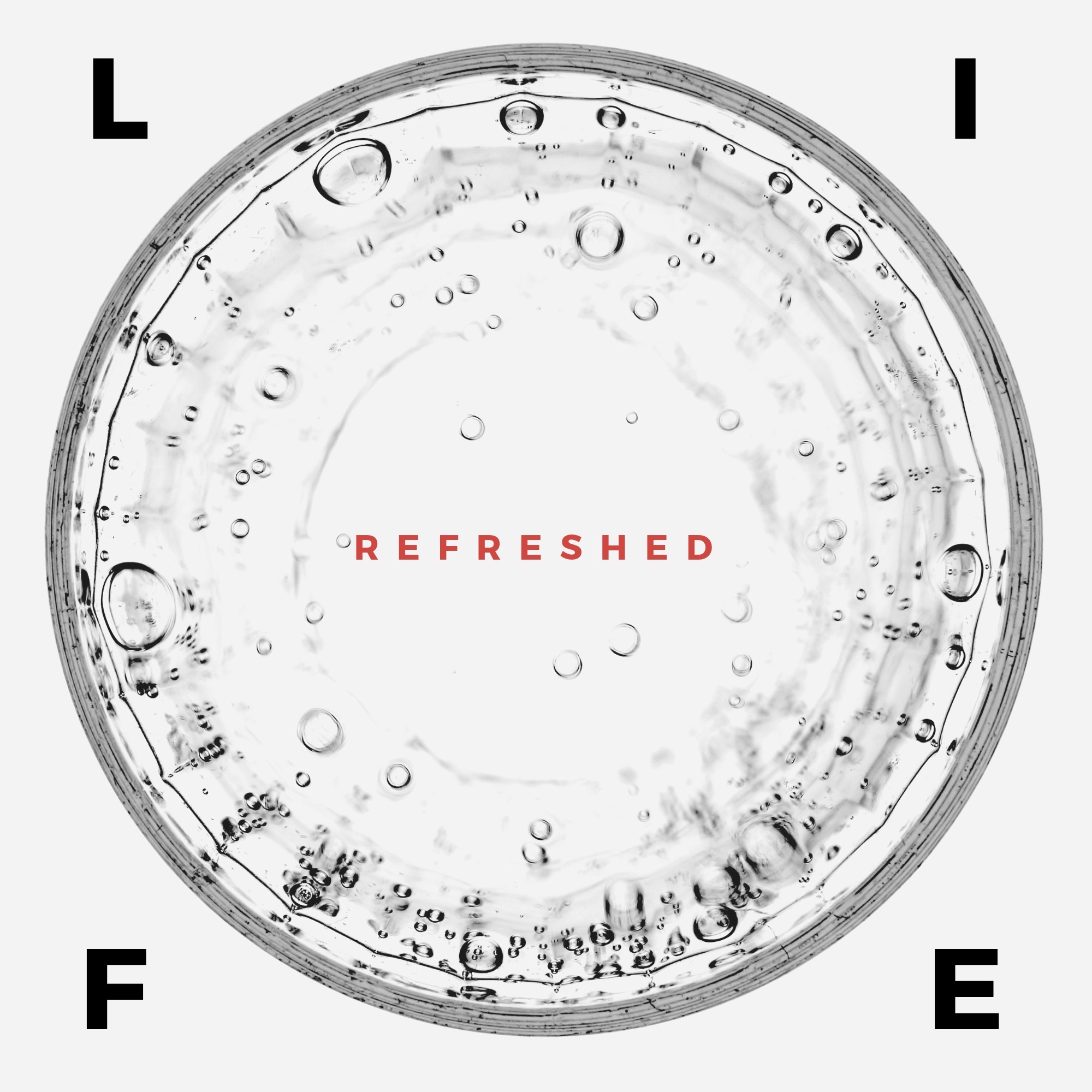In this video, we’ll reveal the #1 relationship killer you need to know about. Learn how to overcome competitiveness and focus on self-growth for a healthier relationship.
View Full Transcript
Episode Transcript
[00:00:00] Ladies and gentlemen, this is the first and maybe the only thing that could be killing your relationship. Let's talk about it.
[00:00:29] Hey, y'all, welcome to shifts and ladders. It's Ryan. I hope you're doing well today. Hey, we've been talking about the topic of relationships over the last couple weeks, I believe, and we talked about authenticity. How to bring your full, authentic self to your relationships. And really authentic authenticity, if I can say the word correctly, thrives on you being a complete and whole person. You doing what you say when you say you're going to do it. The hardest thing that we do as humans is really following our own word. But there's another thing that really, in many cases, just kills relationships has nothing to do with money, even though money is a root cause for many relationship challenges and marriages and divorces. But this topic, though, isn't talked about very often. And it's actually competition.
[00:01:28] Competition or comparison is what actually kills and destroys. And at the. At the base or the root is the cause of a lot of those other issues that come up.
[00:01:44] There's a book and I'm gonna talk about the a book and then the book on why this is important. But think about a competitor. I've played athletics. Some of you who may be listening are highly, highly competitive, so I would not see you playing spades or playing monopoly. Napoli. Monopoly. Or, gosh, any other game that could get. Or uno. That's the other one. Uno. Uno can get violent, too.
[00:02:17] I play with people or have played with folks where you literally want to just gently strangle them because you can't keep their mouth shut for winning all the books, getting the draw for on Uno, and making you pay up when you land on boardwalk and park place anyway.
[00:02:42] But competition shows up in a couple ways. So there's a book called Beverage happily Married, even if your partner won't do a thing by Doctor Abby Metcalf. We'll link it in the show notes, but it's a. This is where the premise of competition actually comes up. Because most of the time what happens is that there might be some resentment that we have in the relationship. So there might have been. You may feel as if someone in the relationship or in the marriage has taken said item from you or you lose essentially some level of power and you feel like you've left something behind.
[00:03:30] And unfortunately, you're almost in a competition with them and they may not know you're in the competition with them, which is wild, really.
[00:03:40] And again, it happens to all of us. Maybe subconsciously, maybe we just have some insecurity within us that we find ourselves competing with the very person that we say that we care about and we love. Isn't that wild?
[00:03:55] It is said that with any kind of competition that comes up, if you know any competitor, their goal is to win at some people at all costs.
[00:04:08] So I would gather that in this season or in this time, it's best to learn to not be the only person that wins. When you're in a relationship, you both win. You have strengths. You have. They have strengths. The goal is to learn how to work in tandem with one another. But the challenge is people want to win. I mean, nobody shows up to lose. Uno or monopoly or spades or domino's, whatever your game of choice may be.
[00:04:46] But that's the. That is the premise of this, y'all, is that everyone in a relationship, if they're in a spirit of competition, someone has to win and someone has to lose. But last time I checked, that's not how a marriage goes. There are things that you sacrifice, but not things that you have to say, I beat you. You can lose or win the battle, but actually lose the war by doing such a thing. But this book, to be happily married, even if your partner won't do a thing, is a great book that expounds upon the opportunities or the challenges that competition and brings into, in this case, a marriage, and how that expresses itself over time, if not dealt with. It's such a powerful, powerful book. But then I want to go to the book. We're going to go to the word of God, because the word of God actually has a lot to say about what it may look like for when a relationship gets, I guess you could say the principle, if you will, of unity and not having unity. Okay.
[00:06:05] And we've may have heard this word, this. This level of saying at some point in our time, but I want to expound on this a little bit. So it is found in Matthew, chapter twelve, verse 22 through 28. I'm gonna read, and we'll just get right into it. But it says, then one was brought to him, him being Jesus, who was demon possessed, blind and mute. And he healed him so that the blind man, the blind and mute man both spoke and said and saw. And all the multitudes were amazed and said, could this be the son of goddess? Now the Pharisees heard it. They said, this fellow does not cast out demons except by Beelzebub, the ruler of the demons. But Jesus knew their thoughts and said to them, every kingdom divided against itself is brought to desolation. And every city or house divided against itself will not stand. If Satan cast out Satan, he is divided against himself. How then will his kingdom stand? And if I cast out demons by Basilbub, by whom do your sons cast them out? Therefore, they shall be your judges. If I cast out demons by the spirit of God, surely the kingdom of God has come upon you. So what Jesus is getting at here is recognizing that if I am fighting someone who is on my team is not gonna stand.
[00:07:43] If. If. Think about any sports team that got on and got an argument on the sidelines. I'm thinking, oh, man, old school Dennis Rodman at points, even though he was kind of contained for the most part on the Chicago Bulls, he was a fiery dude. But some people got in fights on the sidelines. To see a teammate fighting against another teammate during a game where they're trying to fight the other opponent, it actually shows there is not unity within the team, because at the end of the day, the whole team wins. Whether you're on defense, whether you're on offense, whether you played all four quarters or you only played half of the fourth quarter, everyone has a role to play, and everybody has to get time. But if I am competing again, competition is good in some cases. It's ways to push someone who's in close quarters to you to be better, to improve, to continue to grow. But you can take that in a growth mindset. That's the key. You have to take it in a growth mindset versus it being in a fixed mindset, where you are threatened by the fact that someone is coming in your space and telling you what you need to do.
[00:09:07] I'm saying this because I was one of those people.
[00:09:11] I was one of those folks who had a challenge being in the place and in the space of not competing. I wanted to win. I'm a competitor. I like to win. I don't. I'm not shy about it. I like to win. I like things going well the way they're supposed to, when they're supposed to happen. And it's really hard for me to not control the circumstances. I'm learning. I'm not a control freak, but I'm learning to release the outcomes, because at the end of the day, the outcomes do not belong to me. Okay? But what I will tell you is that individuals who are, in many cases, competing with other people don't have a whole lot of friends. Now. I got some friends now. But once you. If you're always comparing yourself with other people around you, you are actually setting yourself up for disappointment. Even the Bible says this. To compare yourself with one another is not wise. It's in Colossians, I believe. Why is it not wise? Everyone has different starts than you.
[00:10:24] Like, some people were born in New York, some people were born in Florida. There's some advantages to being in Florida. There's some advantages being in New York. It doesn't matter. We can't compare ourselves, ourselves with one another because we didn't have the same start.
[00:10:42] I'm not very tall. I'm about five eight and a half, five nine on a good day.
[00:10:47] I am not going to be six two or six three. At one point that bothered me. But no, I can't do anything about it. It's outside of my control. Right? So for me to compete with something that is outside of my control is not wise. I'm spending more time focused on what they're doing instead of focusing on what I'm doing. And the book is the prem speaks to the premise of no matter what's happening, I need to focus on what I'm bringing to the table.
[00:11:20] And unfortunately, we have a poor. We do a poor job with boundaries.
[00:11:27] We do a poor job with boundaries. So much so that we get stuck saying they should be doing this, but never looking at what I'm not doing. It's wild, y'all, that we spend time pointing at everybody else and not pointing the thumb and not even realize we got a thumb pointing at us.
[00:11:51] So the question I'm going to leave you with in this podcast is, what are the responsibilities? Well, first of all, one, who am I competing with?
[00:12:01] If I get agitated, frustrated and irritated by someone I'm close with, what are they doing that is picking or pulling out of me? Is it that they are calling me out on something or do I feel like I need to get an audience because they're extrovert? I'm introverted. What is that?
[00:12:23] You got to name it, because if you don't name it, you don't own it. Oh, where's the organ at? If you don't name it, you don't own it. So figure out what that is, name it and own it.
[00:12:36] Once you own it, figure out how to. How to, to destroy it or figure out how to recognize it so that you can have a counter attack to it. If you feel envy coming on, if you feel in some kind of way, figure out what you can do to kind of circumvent those feelings and find out what you need to do so that you can be better. What ends up happening, y'all is that we forget that we have ourselves to work through and actually deflect and don't take responsibility for our own lives, even in a relationship, because we're focusing on someone else not doing what, doing what they do.
[00:13:21] And in some cases, unfortunately, some people get jealous.
[00:13:26] And I hate to say it, but some people do. We have to remember that we are a human being away from that individual. We're not in a dependent relationship. We're not in an independent relationship. We are in an interdependent relationship. Let me share the differences real quick. Dependent relationship is when you're acting like a kid, you literally are.
[00:13:48] Everything you need is provided from that person. Food, substance, change, my diaper, all that kind of stuff, right? That's what babies and baby up to young kids have with their parents. Independence is the adolescence, where you're trying to create distance between you and that person that you're connected to so that you create and have your own identity. But then once you come from independence, most people get stuck in there because they don't think they need anybody.
[00:14:17] Say, hello, somebody. Then you come to a maturization point where you become interdependent on someone. So you end up determining, like, hey, there's some things that I have that I'm great at, but there's some things that I'm gonna need from you as well. So now you become this. This trade, this give and take, this give and take, which is actually a very healthy relationship to be in. Because if you have someone's completely independent, that means they don't need you. But they don't realize that they need you because there's things that they're not great at, that you actually are. And dependent is codependency. You're creating and not having a situation where the person's not growing up, they're still acting like a kid, okay? And we've all grown through, as I said, grown through these phases and areas in our lives to reach a point where we're getting interdependent, where we can be transparent and be vulnerable and be authentic and not compete, because we recognize we're on the same team. And it's important to understand that, because for anything to flourish, and as the Bible says, clearly, a house divided cannot stand.
[00:15:31] So in. So in order for it to stand, there needs to be unity.
[00:15:37] Unity.
[00:15:39] It's necessary for things in your relationship and any relationship at that matter, to be better, to flourish, and to be healthy. All right, y'all, listen. I need you guys to do an incredible favor for me. If you like this podcast. If you love it, even like this pod, subscribe to this on YouTube. Share it. We're on Apple podcasts and Spotify, and we're on YouTube. Of course. Share it with someone if you believe that this is adding value to you. Again, we want to help individuals make the shifts that they need to elevate to new areas, into new spaces in their lives and find the ladder to what that looks like. So until the next pie, we will see you and have a great one. Peace.
[00:16:32] Bye.



